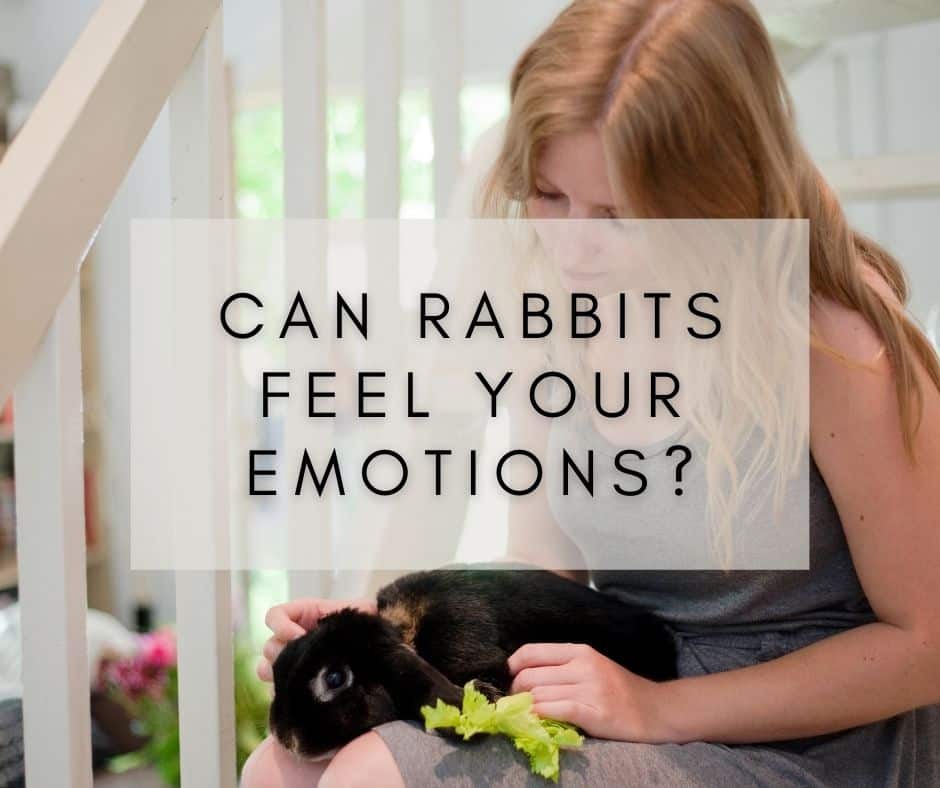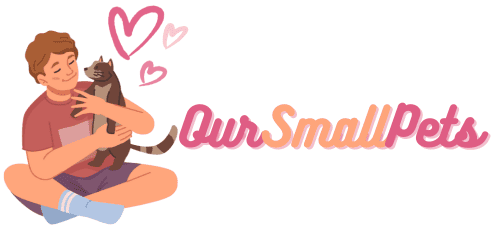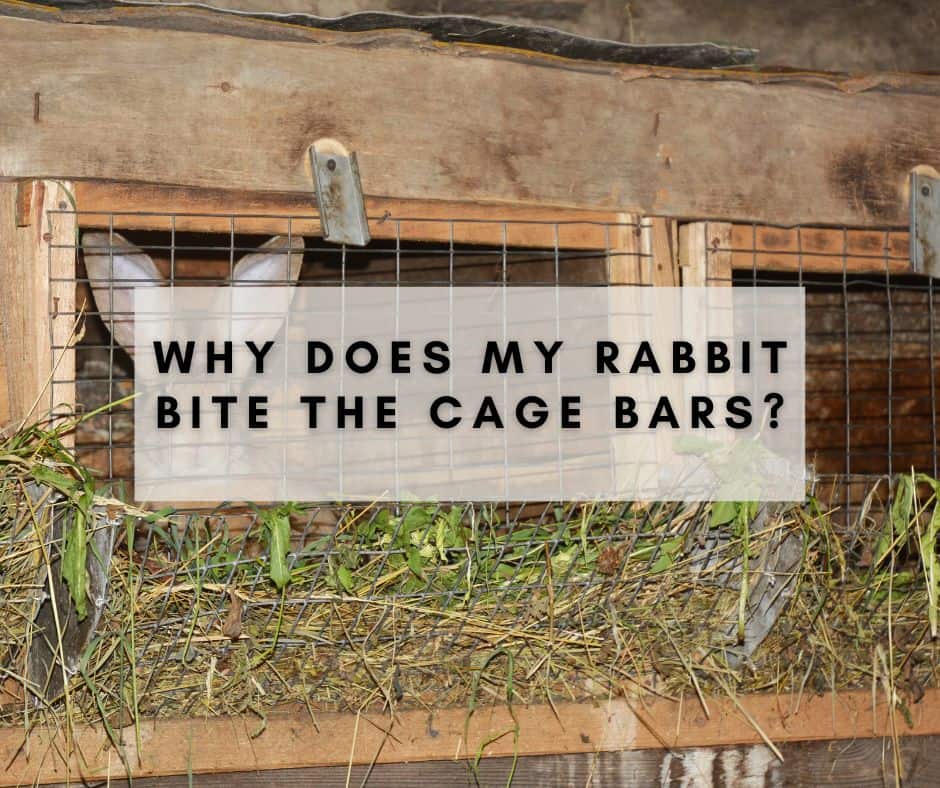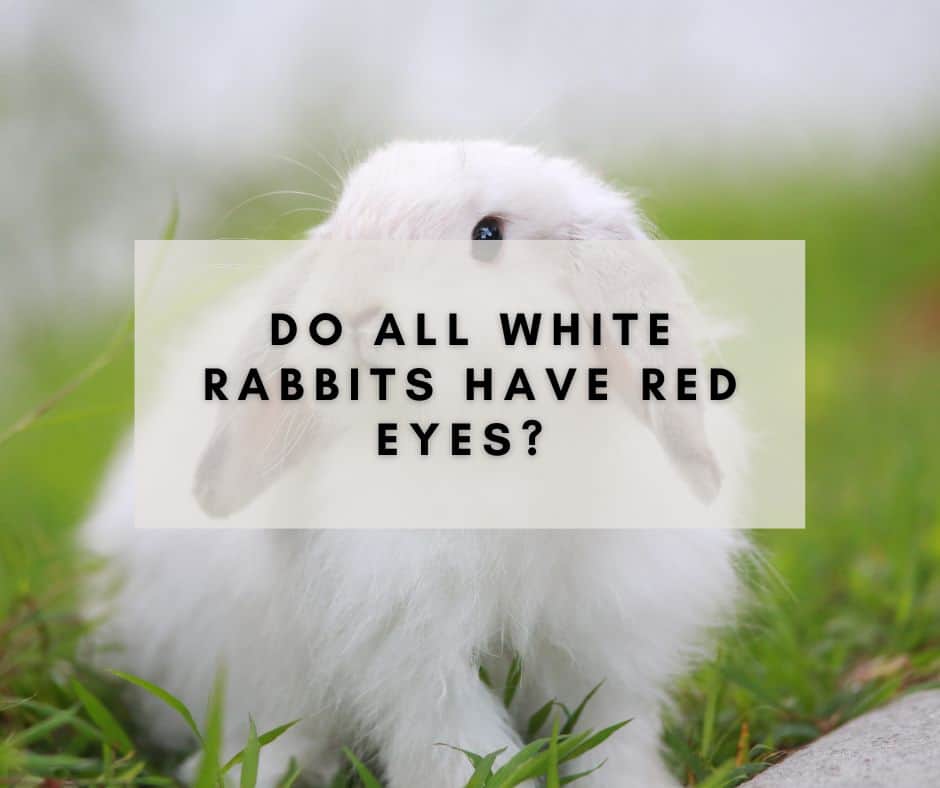
There is no question about how you have been enjoying the tons of affection that comes with housing this adorable animal. Sometimes, you would want to wonder if they understood your emotions. However, this depends on whether or not the animal cares enough or feels concerned to If you keep a rabbit as a pet,
Rabbits can feel the changes expressed in your emotions. These are a result of consistent, simple communication shared over time. They’re also capable of forming strong emotional bonds with their owners like every other domesticated animal will respond to your emotional display.
Contents
What you should know about rabbits
Rabbits are excellent companions.
They bond very quickly with their owners and just watching them stare at you with that crystal, penetrating eye can ease your stress hormone after a long day at work.
Sometimes act like humans
Just like humans; rabbits have both basic and sophisticated emotions. As mammals, rabbits show an emotional connection with humans. They will sense it if you are happy or tensed. A good example of this is grief. When two rabbits have been together for a while, the connection formed always lasts a lifetime. Meaning that a rabbit will notice when their friend is not around, missing or dead. In this case, you need to understand that, as humans, fear is a primary emotion governing rabbits.
They are protective
Rabbits groom you when they are trying to be protective. They nibble or lick you when they are trying to mark their territory to show that they lovingly own you. They stomp their hind limbs when they try to warn you of possible or impending danger, they typically have an entire lot of physiological ways of displaying their emotions and responding to yours.
Rabbits are good observers of emotions
They probably do not have emotion the way humans do, but they appear to know when they are needed for emotional support and, of course, when they are not. If you love and care for your rabbit, they will understand.
This could take a while, but they will eventually do and respond accordingly. Likewise, if you treat or approach your rabbits while you are upset or angry, they will keep their distance and not have anything to do with you.
Rabbits do communicate
Like other livestock, rabbits also understand over time, different signs and languages utilized in communicating with them; facial expression and voice tone are a few ways to communicate with your rabbit.
- Facial expression: Rabbits naturally have different facial expressions. These, however, do not translate to understanding the facial expression changes on the face of a human, for example, if you jokingly grin at your rabbit, they will be scared. Due to their natural survival instinct in the wild, they mistake it for the glaring teeth of a predator, which signifies danger. So, sometimes when you smile at your rabbit with your teeth open, it could be misinterpreted or misunderstood.
- Voice expression: If you’re keen on using the word “buddy-buddy” when you are with your rabbits, the subsequent time you mention the word, they are available and expectant hoping to get fed. However, they also understand the tone of the tag word used. Although, it is not the said word that your rabbit responds to but the tone of your voice. If you say “buddy-buddy” in a loud tone when feeding, they will remember and associate with the sound. Most times, when you call at your rabbit, they may choose to ignore you.
Rabbits are very affectionate.
Not until you secured a safe relationship with them. Rabbits are naturally timid, scared, and have trust issues.
Four ways rabbits show affection to you.
● Binky: When rabbits binky, they create a silly jump, twisting within the mid-air. They often do that when they are happy or contented. Every time my rabbits does this, I laugh a little and feel quite satisfied that they are happy living with us.
● Licking: this is often the way rabbits groom one another. Your rabbit may show a symbol of affection by licking you. If that happens, it is a sign that they are attached to you, a good symbol of bonding.
● When they lay next to you. Rabbits are affectionate mammals, and they point it out as a symbol of commitment by always being eager to be close. They always want to be there no matter your mood. They may want to sit on your lap so you could stroke them. These could get you relaxed and help you concentrate even better. If your rabbit then rolls onto their backs, it means they are also comfortable and relaxed.
● Honking: rabbits honk whenever they are happy to see you or feel excited. Honking is a very soft or silent sound that rabbits make, especially when they expect a treat from you.
They show their disappointment by kicking at you while they are hopping away. Rabbit expresses their disappointment and sadness. As much as we like to see our rabbits in the best mood, binky, and zooming around the room all the time, we should always be aware that they also show negative emotion as a result of their disapproval or disappointment in something.
How to know if your rabbit feel sad or disappointed
- Swiping: This shows their displeasure with something. When swiping, rabbits pull their ears backward and convey their tail up as they challenge their opponent to a duo.
- Little interest in food: losing appetite is one sign to note in your rabbit. When your rabbits start showing no/little interest in food. That is depression!
- Little interest in grooming: When you start seeing your rabbit coat tangles, know that something is up. This is happening because your rabbit is sad or depressed.
- Thumping: rabbits show their disapproval by thumping their hind legs against the ground.
- Flick off: This typically symbolizes the act of throwing dust at your opponent to limit their edge over you before a fight. Rabbit flicks their feet at you as they hop away to point out disapproval, which means they are upset with you.
- Growling: Rabbits growl once they are angry and in their benevolence supply you with the warning to remain beyond them or else!
- Cold shoulder: Some rabbits can hold a grudge, and that they show this by supplying you with a chilly shoulder.
Is it a good thing for your rabbit to feel your emotions?
Yes! It is a good thing to share an emotional bond with your pet. Pets won’t judge you for your actions, they will not demand reasons for being right or wrong. Have your feelings or emotions simplified for your rabbits? This in return, will be compensated with trust from this adorable mammal.



